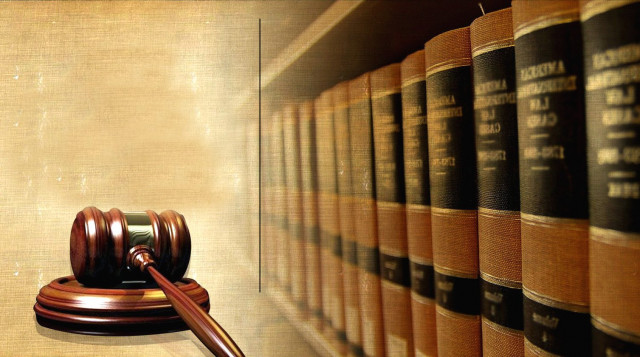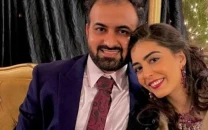Probationer can be terminated sans inquiry: SC
Dismisses petition filed by a civil judge against her termination by SHC chief justice

The apex court has declared that a competent authority can terminate service of an employee during his or her probationary period even without conducting a regular inquiry.
However, any reason expressed against a probationer at the time of dispensing his or her service without regular inquiry does not prevent him or her to seek employment elsewhere.
"When there is some sound reason in the mind of the competent authority that an employee who is serving in his or her probationary period is not suitable to be given permanent employment and his or her services need to be dispensed with then it matters not if the competent authority expresses such reason without conducting a regular inquiry,” said a five-page written order.
A three-judge bench, led by Justice Umar Ata Bandial, issued the order after hearing a petition filed by a civil judge, who was removed during her probation by the Sindh High Court (SHC) chief justice on account of concealment and omission of facts under rule 9 (2) of the Sindh Judicial Service Rules 1994.
The petitioner after graduating in law got herself enrolled as an advocate of the district judiciary on June 17, 2008. At the same time, she applied for the post of a primary school teacher and succeeded in getting employment with the Sindh Education Department on August 11, 2008.
In September 2015, she also applied for the post of a civil judge. But she preferred not to apply through proper channel, ie, she did not inform the education department that she had applied for the post of a civil judge.
On June 2, 2016, she was appointed as a civil judge but she continued to receive salary as a primary teacher for some time. When these facts were brought to the notice of the SHC chief justice, she was removed during her probationary period.
The SHC chief justice noted that the civil judge could not be expected to perform her duties honestly and uprightly and her retention in judicial service would be against public interest.
The Sindh Subordinate Judiciary Service Tribunal comprising two SHC judges also rejected her appeal.
Later, she approached the apex court stating that her removal without regular inquiry was sufficient reason for her reinstatement.
The SC judgment – authored by Justice Faisal Arab – noted that the petitioner disclosed that she was enrolled as an advocate of district judiciary on June 17, 2008 but she did not disclose that she was a government servant and held the post of the primary school teacher.
Under item No 13 of the application form, she was required to disclose the name of the department, her designation, and the date of her employment in the service but she left the item no 13 blank.
The court noted that she either never practiced as an advocate of the subordinate courts for a period of two years or she did not serve in the education department as a primary school teacher.
It said the petitioner did not disclose to the education department that she needed an no-objection certificate (NOC) for applying for the post of a civil judge.
"The facts reflected from the record and available by the petitioner herself were sufficient to dispense her services by invoking Rule 9 (2) of the Sindh Judicial Service Rules…
“A person cannot be given the important post of a judge when the basis of seeking enrolment as high court advocate as well as appointment as civil judge and judicial magistrate was tainted with concealment and misrepresentation,” it added.
The court also observed that some irregularities in the appointment of some other civil judges would obviously not be a basis to invoke the principle of discrimination.
"When the record reflects that the services of a probationer could be dispensed with on the basis of undeniable material then no inquiry is required to be conducted,” said the order.



















COMMENTS
Comments are moderated and generally will be posted if they are on-topic and not abusive.
For more information, please see our Comments FAQ